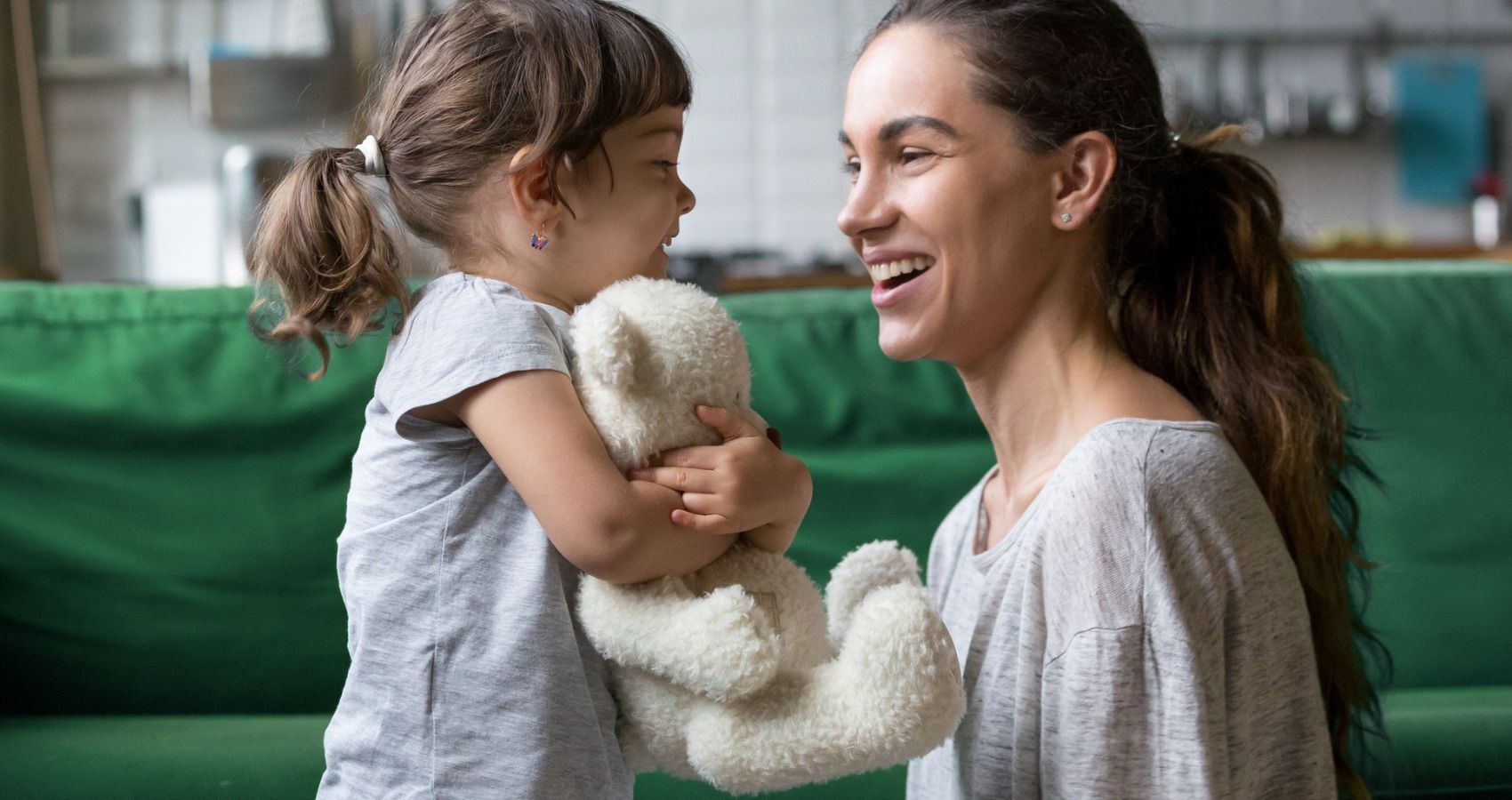The more you talk to your children, the more of a chance that you are helping boost their intelligence. Parents who talk a lot and often to their kids are helping their toddlers become smarter children. Young tots who are exposed to a large amount of adult speech during their early years tend to have better cognitive skills than those with less exposure.
A team of researchers from the University of York collected data from over 107 children. They looked at their interactions with their parents and caregivers and recorded what was said behind closed doors during a period of three days, and up to 16 hours per day. The children were aged between 2 and 4.
The research found that the more parents interacted with their children, the better cognitive skills they had. A lot of the parents that participated in the research were very hands on with their children. They sat down and drew pictures with their children or did copying and matching tests. The more that the parents sat down and drew with their children, the more of a chance that they talked to them in engaging conversations.
Katrina d'Apice, a PhD student from the University of York's Department of Education, and the lead author of the study, said that the team’s audio recorders allowed them to study the real-life interactions between the parents and their children. Doing it this way was less invasive than trying to recreate similar interactions in a more lab-type setting.
According to Science Daily, Dr. d’Apice said, “We found that the quantity of adult spoken words that children hear is positively associated with their cognitive ability. However, further research is needed to explore the reasons behind this link -- it could be that greater exposure to language provides more learning opportunities for children, but it could also be the case that more intelligent children evoke more words from adults in their environment."
The researchers also noted that "high quality adult speech" had great benefits for a child’s linguistic development. Those children who interacted with adults more often used more of a diverse vocabulary compared to kids who spent more time with other children their age.
Dr. d’Apice and her team are encouraging parents to talk as much as possible with their kids, regardless if it’s at dinnertime, bedtime, or during creative play. Children with more responsive parents also showed fewer signs of restlessness and disobedient behaviors.
READ NEXT: According To Science, Your Toddler Is Probably Judging You

